857 results in Political theory
Can Democracy Recover?
- The Roots of a Crisis
- Coming soon
-
- Expected online publication date:
- November 2024
- Print publication:
- 30 November 2024
-
- Book
- Export citation
Glory, Humiliation, and the Drive to War
- Coming soon
-
- Expected online publication date:
- November 2024
- Print publication:
- 30 November 2024
-
- Book
- Export citation
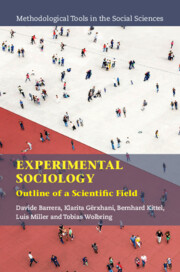
Experimental Sociology
- Outline of a Scientific Field
- Coming soon
-
- Expected online publication date:
- October 2024
- Print publication:
- 31 October 2024
-
- Book
- Export citation
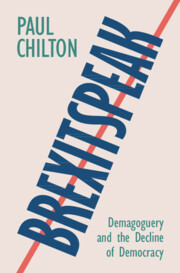
Brexitspeak
- Demagoguery and the Decline of Democracy
- Coming soon
-
- Expected online publication date:
- October 2024
- Print publication:
- 31 October 2024
-
- Book
- Export citation
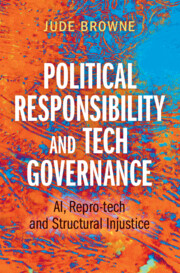
Political Responsibility and Tech Governance
- AI, Repro-tech and Structural Injustice
- Coming soon
-
- Expected online publication date:
- September 2024
- Print publication:
- 30 September 2024
-
- Book
- Export citation
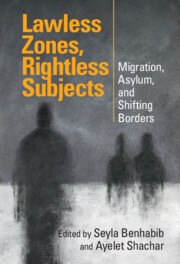
Lawless Zones, Rightless Subjects
- Migration, Asylum, and Shifting Borders
- Coming soon
-
- Expected online publication date:
- September 2024
- Print publication:
- 31 August 2024
-
- Book
- Export citation
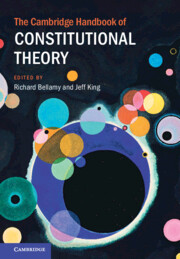
The Cambridge Handbook of Constitutional Theory
- Coming soon
-
- Expected online publication date:
- August 2024
- Print publication:
- 31 August 2024
-
- Book
- Export citation
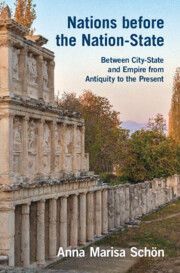
Nations before the Nation-State
- Between City-State and Empire from Antiquity to the Present
- Coming soon
-
- Expected online publication date:
- August 2024
- Print publication:
- 31 August 2024
-
- Book
- Export citation
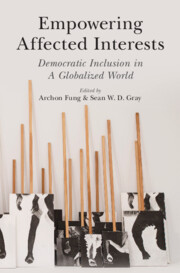
Empowering Affected Interests
- Democratic Inclusion in a Globalized World
- Coming soon
-
- Expected online publication date:
- August 2024
- Print publication:
- 31 July 2024
-
- Book
- Export citation
The Constitution of Science
- Coming soon
-
- Expected online publication date:
- August 2024
- Print publication:
- 31 August 2024
-
- Book
- Export citation
The Human Right to Resist in International and Constitutional Law
- Coming soon
-
- Expected online publication date:
- July 2024
- Print publication:
- 31 July 2024
-
- Book
- Export citation
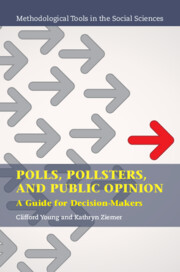
Polls, Pollsters, and Public Opinion
- A Guide for Decision-Makers
- Coming soon
-
- Expected online publication date:
- June 2024
- Print publication:
- 30 June 2024
-
- Book
- Export citation
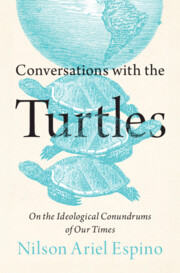
Conversations with the Turtles
- On the Ideological Conundrums of Our Times
- Coming soon
-
- Expected online publication date:
- June 2024
- Print publication:
- 13 June 2024
-
- Book
- Export citation
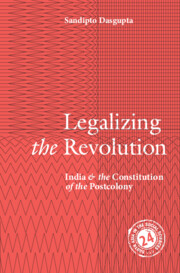
Legalizing the Revolution
- India and the Constitution of the Postcolony
-
- Published online:
- 07 May 2024
- Print publication:
- 30 June 2024
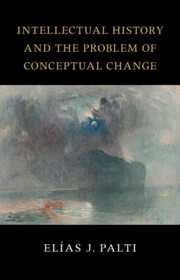
Intellectual History and the Problem of Conceptual Change
-
- Published online:
- 02 May 2024
- Print publication:
- 09 May 2024
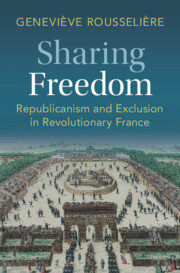
Sharing Freedom
- Republicanism and Exclusion in Revolutionary France
-
- Published online:
- 28 March 2024
- Print publication:
- 04 April 2024
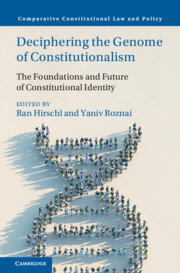
Deciphering the Genome of Constitutionalism
- The Foundations and Future of Constitutional Identity
-
- Published online:
- 14 March 2024
- Print publication:
- 21 March 2024

The Cold War in the 1950s
-
- Published by:
- Anthem Press
- Published online:
- 13 April 2024
- Print publication:
- 12 March 2024
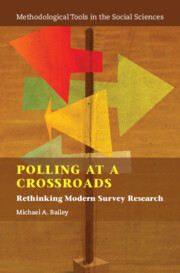
Polling at a Crossroads
- Rethinking Modern Survey Research
-
- Published online:
- 29 February 2024
- Print publication:
- 07 March 2024
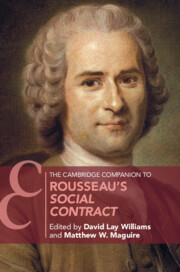
The Cambridge Companion to Rousseau's Social Contract
-
- Published online:
- 28 March 2024
- Print publication:
- 22 February 2024



